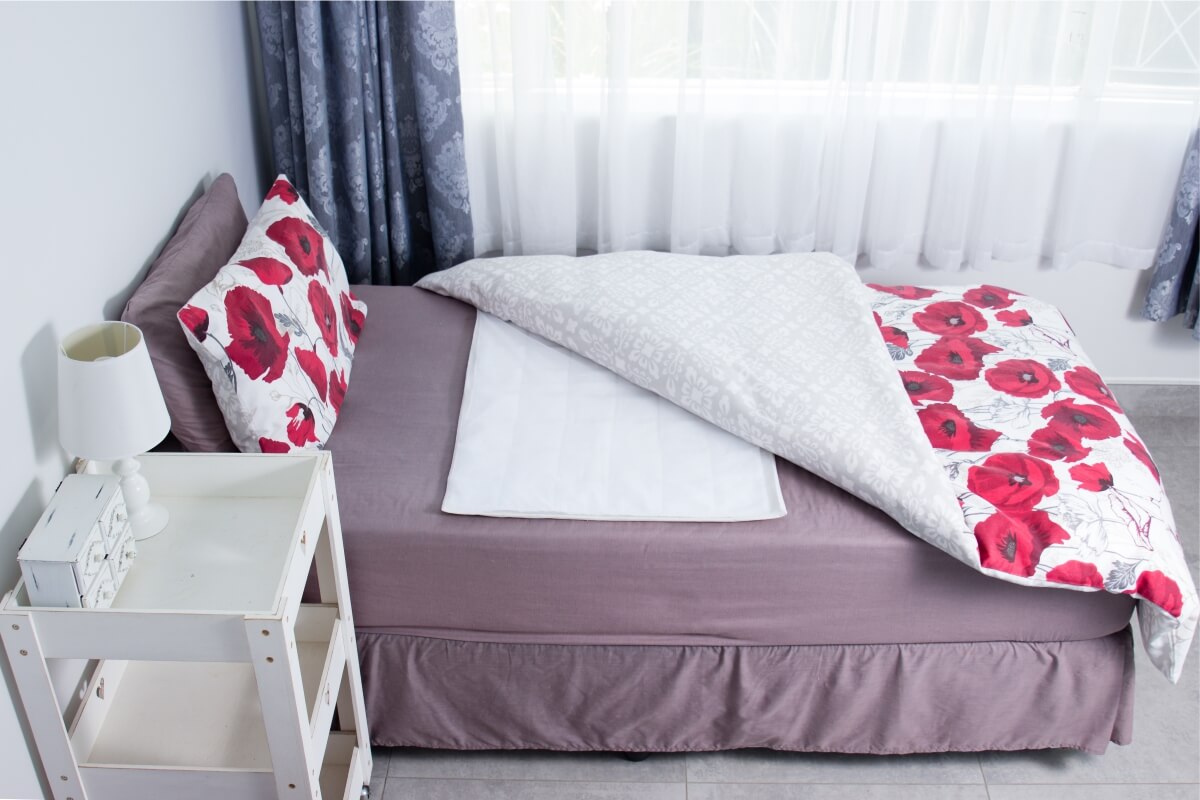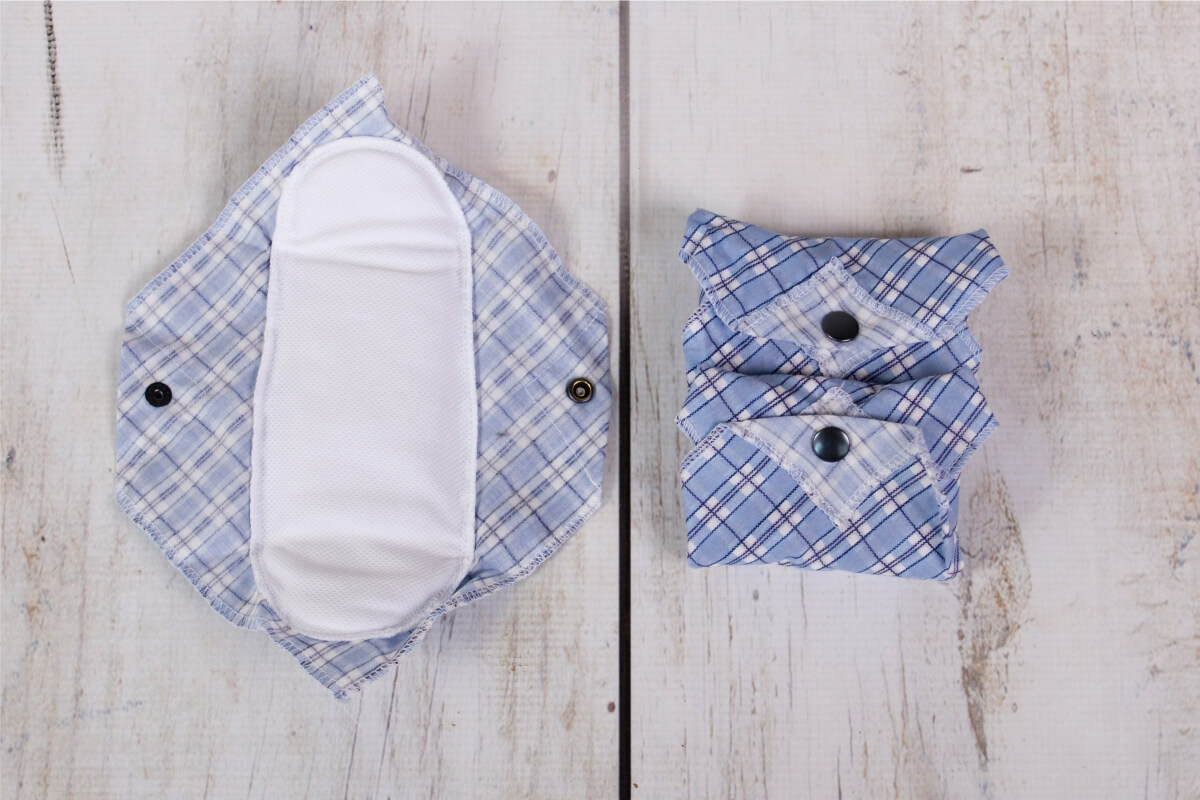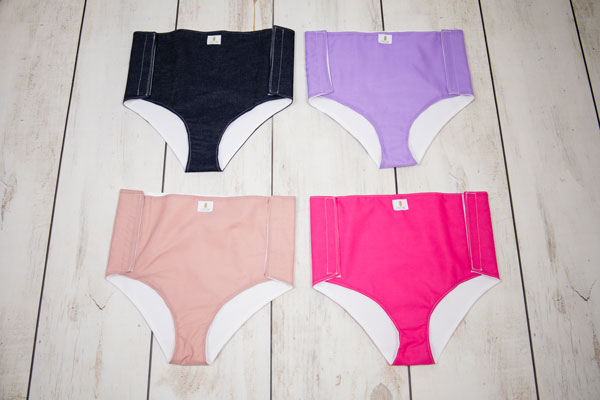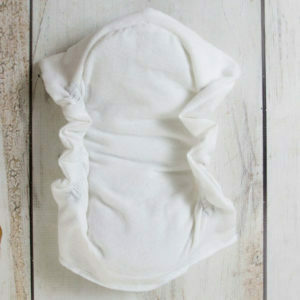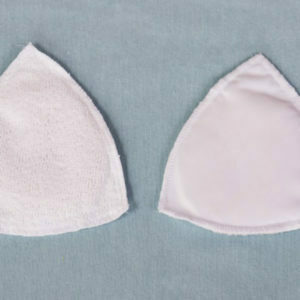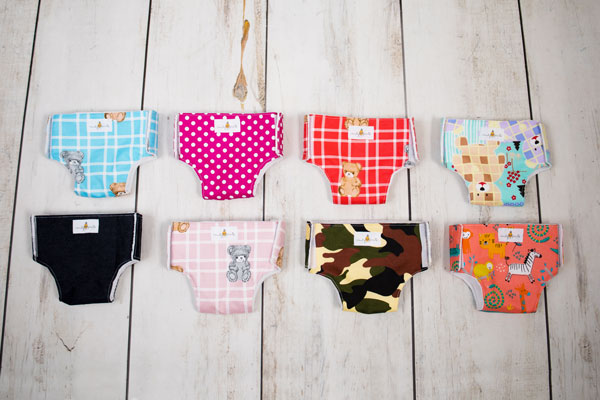A Bathurst factory produces reusable nappies, sanitary pads and incontinence pads using locally-sourced pineapples.
The inners of Leafline Washable Sanitary Wear products are made from natural pineapple leaf fibres.
Entrepreneur Candy Androliakos said she was inspired by working as a beauty therapist in a retirement home.
“While I was there, one of the old ladies was telling me how much money she spends on throw-away nappies,” Androliakos said.
She began making some for the woman and searched for something absorbant for the inner lining of the nappy.
“Because I live in Bathurst, I was doing a tour of the Big Pineapple, and there I saw one of the farmers had a billboard for the different types of uses for the fibre of the leaf of the pineapple.”
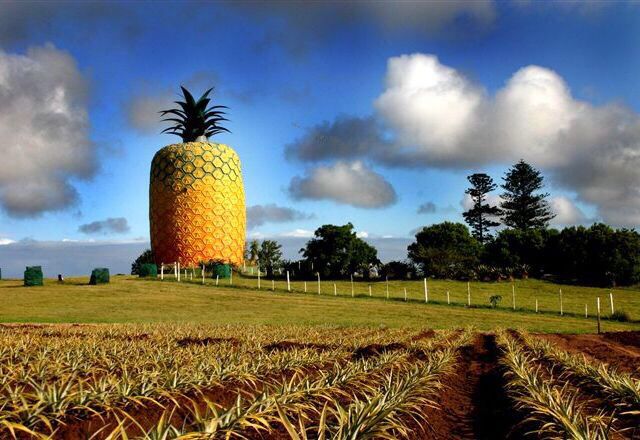
She asked him to give her a supply of fibre, which is stronger than cotton and absorbs moisture, smell and bacteria.
“I practised for about a year to try and make a product out of the fibre, and obviously, all the people who used my products were my guinea pigs, so it was developed around them.”
Andrioliakos won first place in the SAB Foundation’s Disability Empowerment Awards in 2021.
She has trained women with mental disabilities to make the products, and the R1.3 million prize has helped expand the premises to grow jobs for more women.
Leafline employs three disabled women and is currently training another two students. They also employ two able-bodied women and a driver.
All products are available for order online and they supply the Mustard Seed in Makhanda. “However, they have no more products in stock at the moment and said they would contact us for more orders,” Andrioliakos said.
Alternatively, the products are also available from Leafline in Bathurst at the Big Pineapple and at Two Sages.
“My focus when starting Leafline was the concern of the landfill problems relating to the disposable nappies and sanitary towels.”
It takes between 500-800 years for one nappy to decompose.
“Our products are all washable and reusable. We use leaf fibre taken from the cayenne pineapple for the inner layer,” she said.
Makhanda eco-warrior Helen Holleman met Androliakos recently and said she found her work “utterly inspiring”.
“Those of you who have had the dubious ‘pleasure’ of pulling bags of ‘disposable diapers’ and used sanitary towels out of our watercourses will find this useful,” said Holleman, whose River Rescue organisation has hauled tons of garbage out of local watercourses over the past few years.
“Although they are washable, and we have water problems, washing does not require a lot of water because the items are small – not the huge squares of towelling I had to use for my babies,” Holleman said.
